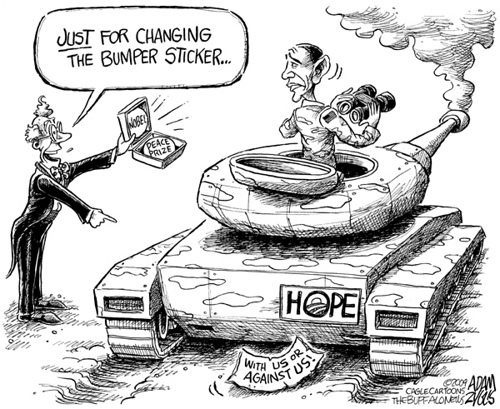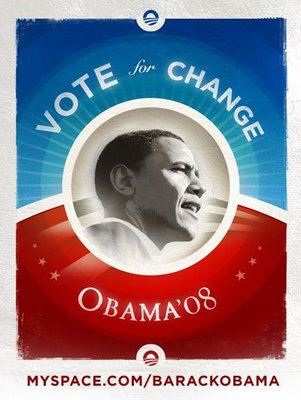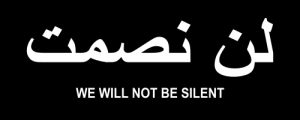Was the 26/11 terrorist attack in Mumbai, ‘India’s 9/11′ ?
When India was attacked on 26th November 2008, news anchors and journalists started calling it ‘India’s 9/11.’ This film examines this terminology and the links between 9/11, 26/11 in Mumbai, Iraq, Afghanistan and Modern terror. The conversations between taxi drivers and their passengers in Mumbai taxis delve into these larger issues. A tragic terrorist attack, a lapse in security, the loss of the top Anti Terrorist Squad officials who were investigating the so called ‘Hindu terrorist’ attacks in Malegao lead the people to voice their notions of larger conspiracy theories at a time when the Mainstream media mentions none of this. These are not authoritative voices but perspectives like yours and mine on the events which affect and shape our lives. They are short takes, 140 characters long tweets in taxis, between real people riding in a taxi, in a city that experienced extreme violence, terror and loss.
The current poll on The Taxi Takes has a majority of 50% who say it should not be termed India’s 9/11 and 34% in favor of the Mumbai attacks being termed ‘India’s 9/11. However there are also a small 8 % who are not sure which hence makes this a rather balanced undecided poll.
Watch the film and cast your vote. But more importantly I urge you to listen to the common voices on the streets of the Mumbai Metropolis and gather a sense of where the Mumbai terrorist attack of might figure in the larger scheme of current happenings in the world. Please give your take and comments below.





March 24th, 2010 at 1:44 pm
nice blog post about this subject. this makes me ask a question though, so i dont really understand the relation of this topic and your entire blog. it just doesnt go together. But nontheless i found it very readable. Cheers, Rizwan
January 14th, 2011 at 10:26 pm
Well, that is my first take a look at to your blog! We are a group of volunteers and starting a brand new initiative in a regional community in the exact same niche. Your blog supplied us valuable information to work on. You’ve done a marvellous job!